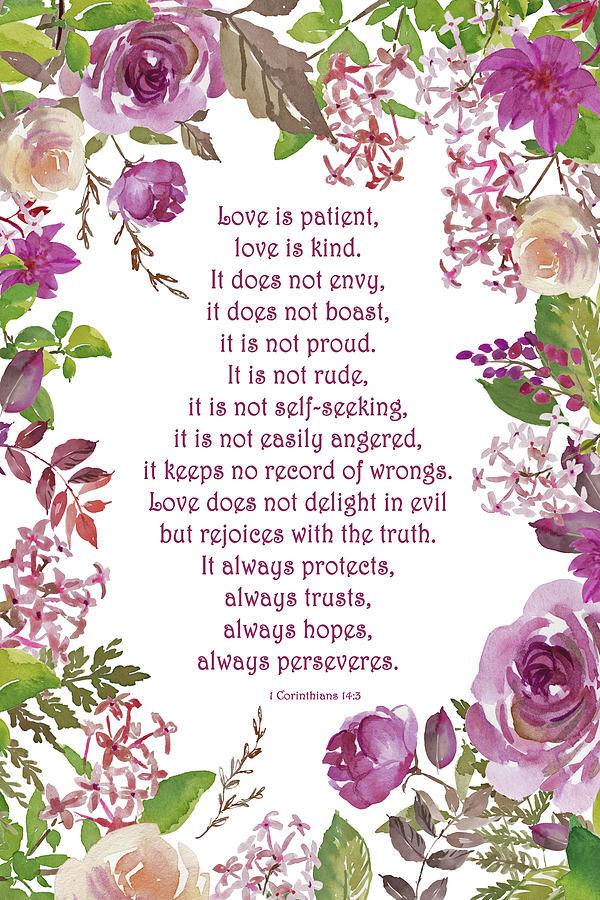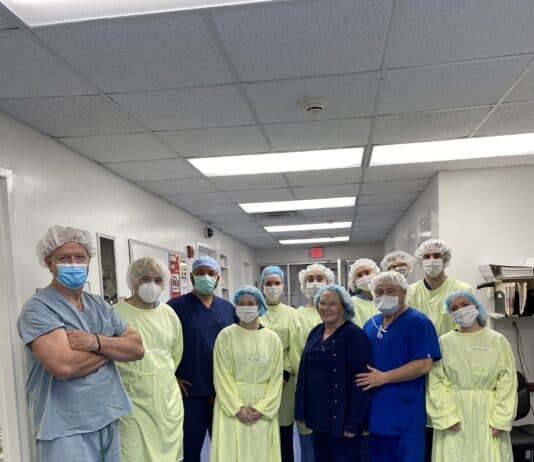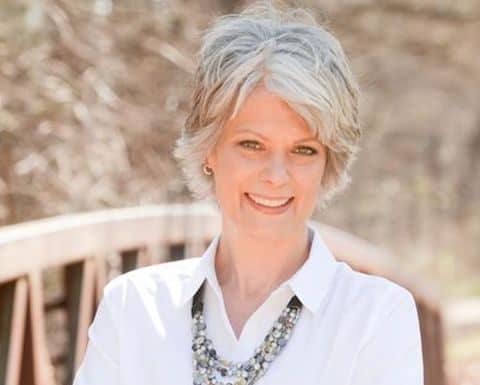This Weeks Notes ~ January 30, 2022
We often use this chapter as a declaration of love and unity. I am fascinated by how this chapter is used in Christian circles as a declaration of love and unity. It’s used at weddings when all is truly well and fellowship is working, two lives, two families are uniting. But Paul writes 1 Corinthians to a community that seems to be lacking the great power of love. Paul presents this passage as a way to introduce into the community and ethnic that is necessary if the church is going to survive the muddy waters of difference and disagreement that is produced in interpersonal relationships.
In 1 Corinthians 12, Paul corrected misunderstandings about spiritual gifts among the Christians in Corinth. Some believed that those able to speak in tongues or prophesy were more spiritual than the others. This may have created reason for division in the church, along with jealousy or a sense of inferiority. Paul insisted that every spiritual gift was given by God for a reason and was essential to the church, the body of Christ. Paul concluded by promising to show them a still more excellent way to serve each other.
Paul lets us know just how useless, even destructive, spiritual gifts are when not applied from the standpoint of love. Displays of supernatural spiritual knowledge, tongues, prophetic powers, may be impressive, but they are worthless if not used as God intended. These gifts must be out of a heart of love for God and other believers. Even the most spiritual of activities, selling everything to give to the poor and sacrificing one’s life to be burned for the sake of others, gains a person nothing if not given in love (1 Corinthians 13:1–3).

The love Paul is talking about is not a love of flowery or eloquent words or swollen feelings that may come and go. This is God’s love. Agape love, which is often described as “unconditional love” by Christians. It is unconditional in the sense that it does not depend on the one being loved, but on the commitment of the one acting.
Paul uses 14 verbs, action words, to describe this love. Seven of these words are positive statements about what love does. The next seven are negative statements about what love does not do. True Christian love is about setting one’s self aside for the good of other believers. The lack of love was at the heart of nearly all the problems that Paul confronted in this letter.
Love is patient and kind. Love waits and actively moves for the good of others. On the other hand, love is never envious or boastful, not even regarding the spiritual gifts of one’s self or others. Love is not arrogant, it never convinces itself of one’s superiority over others. Love is never rude, it does not act indecently, sinning and breaking cultural norms to bring attention to one’s self.
Those who possess this love have given up on seeking their own satisfaction and status. They genuinely commit themselves to seeking good for other believers. They are looking out for others and therefore, they are not provoked or irritable when other people get in their way. Love means truly letting go of past hurts instead of storing them up, holding grudges and keeping a record or wrongs.
Love never gets any joy or pleasure from wrongdoing. Love says what is true is worth celebrating. Love loves the truth. Love doesn’t set limits on love. Love never says, “This far and no further.” “Puts up with anything, Trusts God always, Always looks for the best, Never looks back, But keeps going to the end.”(1 Corinthians 13, The Message). That is true even if that means loving from a greater distance to avoid the active abuse of others.
Love doesn’t stop hoping for other believers to do good, no matter the evidence of the past. Love doesn’t quit when the trials of life pile up. Love keeps going.
Paul brings it home and sums it up: Love never fails. Christians may fail to love, as the Corinthians have clearly demonstrated. But the love of God, God’s kind of love will always be effective. And unlike spiritual gifts, which will no longer be needed when Christ comes, love will last forever (1 Corinthians 13:4–8).
On that day, Christians will know even as God knows us now. Until then, spiritual gifts provide a partial knowledge of what is to come. Both now and then, love will remain the greatest of all the virtues (1 Corinthians 13:9–13).
GLORY TO GOD!
Join us Sunday as we explore “The Power of Love”.
“I don’t know how, but I know WHO!”
Grace and Peace, Pastor Nelda
Dr. Nelda Barrett Murraine is pastor at First United Methodist Church – PO Box 146 – 229 W 4th St. Kennedale, TX 76060
Follow us on FACEBOOK – https://www.facebook.com/KennedaleFUMC





































